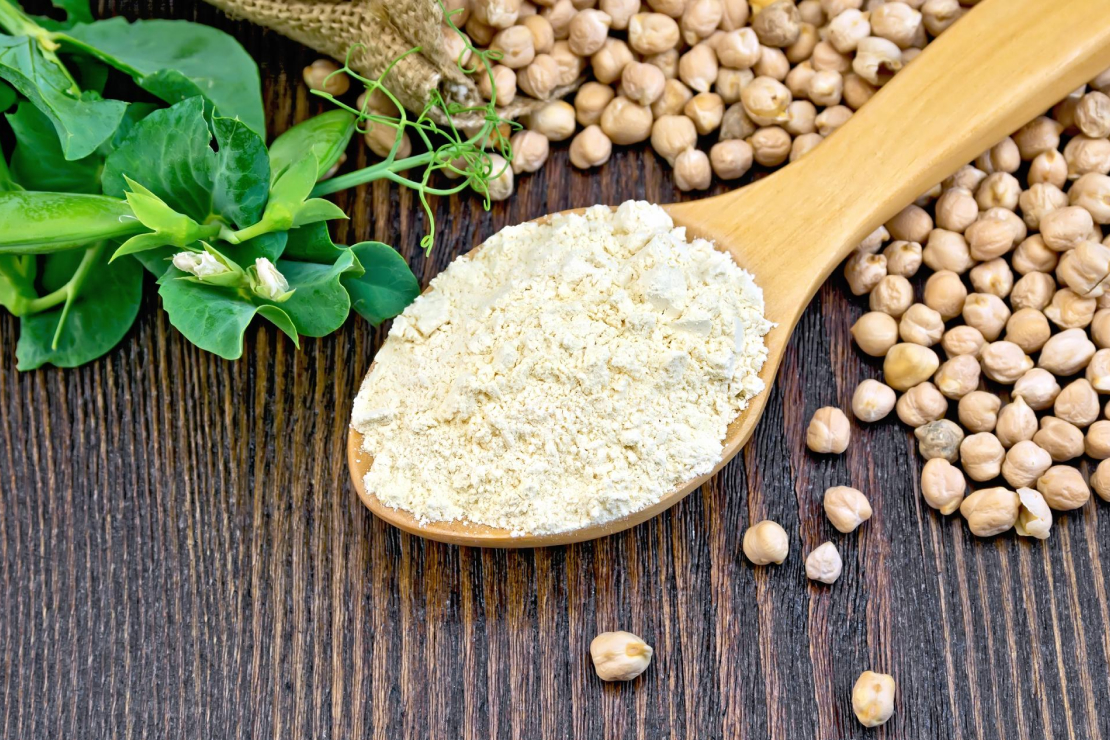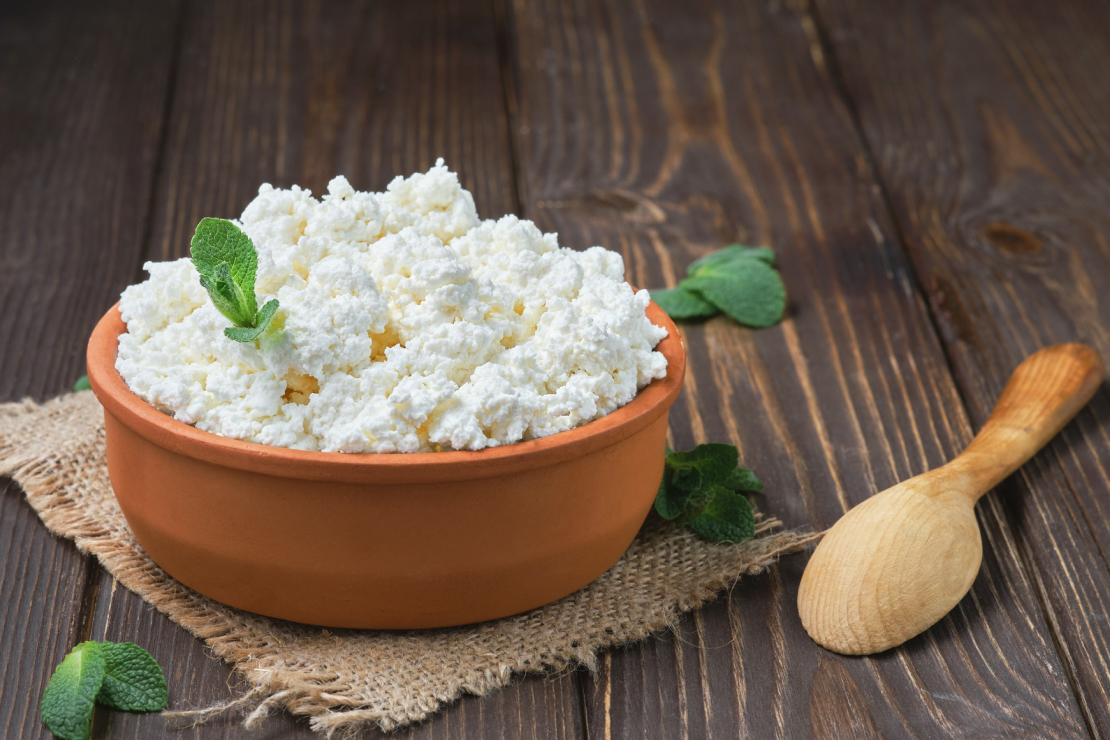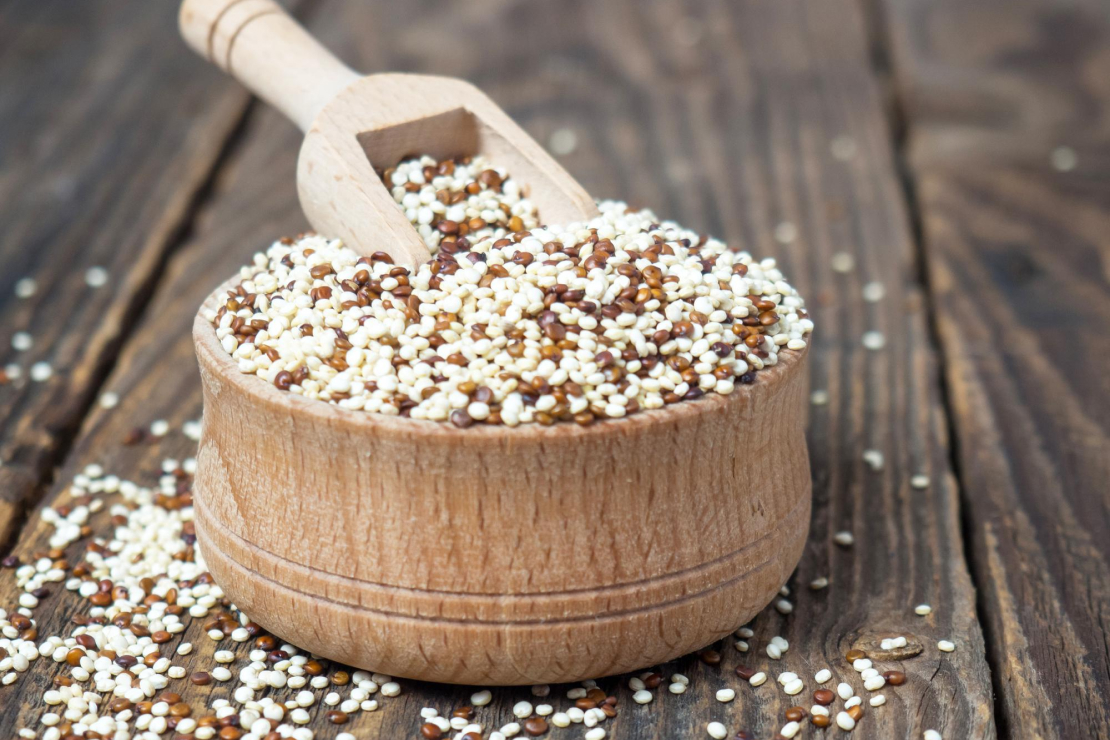Whey vs. Plant Protein: Which Builds Muscle More Efficiently?
Dive into the ultimate protein showdown: Whey vs. Plant Protein. Discover which type of protein is more efficient for muscle building, explore their unique benefits, and learn how to optimize your intake for peak performance.

Table of Content
The Great Protein Debate: Whey vs. Plant-Based
In the world of fitness and nutrition, protein is king. Whether you're a seasoned bodybuilder, a casual gym-goer, or simply looking to maintain a healthy lifestyle, adequate protein intake is crucial for muscle growth, repair, and overall well-being. For years, whey protein, derived from milk, has been the undisputed champion of muscle building. However, with the rising popularity of plant-based diets, plant proteins are stepping into the spotlight, challenging whey's dominance. But when it comes to efficiency in building muscle, which one truly reigns supreme?
Understanding Protein: The Building Blocks of Muscle
Before we dive into the comparison, let's briefly revisit what makes protein so vital for muscle. Proteins are made up of amino acids, often referred to as the "building blocks" of life. There are 20 different amino acids, nine of which are considered "essential" (EAAs) because our bodies cannot produce them and must obtain them from food. A protein source is considered "complete" if it contains all nine EAAs in sufficient quantities.
Whey Protein: The Gold Standard
Whey protein is a byproduct of cheese production and is one of the two main proteins found in milk (the other being casein). It's renowned for its rapid digestion and absorption, making it a popular choice for post-workout recovery.
Key Characteristics of Whey Protein:
- Complete Protein: Contains all nine essential amino acids.
- High Leucine Content: Leucine is a branched-chain amino acid (BCAA) that plays a critical role in stimulating muscle protein synthesis (MPS). Whey has one of the highest leucine contents among all protein sources.
- Fast Digestion: Rapidly absorbed by the body, leading to a quick spike in amino acids in the bloodstream, which is ideal for initiating muscle repair after exercise.
- Bioavailability: Has a high biological value (BV), indicating how efficiently the body can use the protein.
Plant Protein: The Rising Contender
Plant-based proteins are derived from various sources such as peas, rice, soy, hemp, and more. Historically, plant proteins were considered inferior to animal proteins for muscle building due to their often incomplete amino acid profiles. However, advancements in processing and the strategic combination of different plant sources have significantly improved their efficacy.
Key Characteristics of Plant Protein:
- Varied Amino Acid Profiles: Many individual plant proteins are "incomplete," meaning they lack one or more EAAs. However, combining different plant sources (e.g., rice and pea protein) can create a complete profile.
- Fiber Content: Often higher in fiber than whey, which can aid digestion and promote satiety.
- Allergen-Friendly: Suitable for individuals with dairy allergies or lactose intolerance.
- Sustainability: Generally has a lower environmental footprint compared to animal-derived proteins.
Head-to-Head: Efficiency in Muscle Building
| Factor | Whey Protein | Plant Protein (Blended) |
|---|---|---|
| Amino Acid Profile | Complete, high in BCAAs (especially Leucine). | Complete when blended (e.g., pea + rice), but often lower Leucine. |
| Digestion Rate | Very fast, rapid amino acid delivery. | Generally slower, more sustained release. |
| Muscle Protein Synthesis (MPS) | High initial spike in MPS due to rapid absorption and Leucine content. | Lower initial MPS spike, but can sustain MPS for longer periods. |
| Bioavailability | Very high (BV ~104). | Good to high when blended (BV varies, e.g., pea ~65, soy ~74). |
| Digestive Comfort | Can cause bloating/gas in lactose-sensitive individuals. | Generally well-tolerated, but some may experience gas with certain types (e.g., pea). |
The Science of Muscle Protein Synthesis (MPS)
Muscle building is a continuous process of muscle protein synthesis (MPS) and muscle protein breakdown (MPB). To build muscle, MPS must exceed MPB. Both whey and plant proteins stimulate MPS, but they do so with slightly different kinetics.
- Whey's "Anabolic Burst": Due to its rapid digestion and high leucine content, whey protein creates a quick, high peak in amino acids in the bloodstream, leading to a strong, acute stimulation of MPS. This is often referred to as an "anabolic burst."
- Plant Protein's "Sustained Release": Blended plant proteins, while perhaps not achieving the same rapid peak as whey, tend to be digested more slowly. This results in a more prolonged, albeit lower, elevation of amino acids, potentially sustaining MPS for a longer duration.
Recent research suggests that over a 24-hour period, if total protein intake is sufficient and amino acid profiles are complete, the differences in muscle gain between whey and well-formulated plant protein blends may be minimal. The key seems to be meeting the daily protein target and ensuring all EAAs are consumed.
Optimizing Your Protein Intake for Muscle Growth
For Whey Protein Users:
- Post-Workout: Consume 20-40g of whey protein within 1-2 hours after training to maximize the anabolic window.
- Between Meals: Use whey as a convenient way to boost protein intake throughout the day, especially if struggling to meet daily targets from whole foods.
- Consider Isolates: If lactose sensitivity is an issue, opt for whey protein isolate, which has most of the lactose removed.
For Plant Protein Users:
- Choose Blends: Look for plant protein powders that combine different sources (e.g., pea and rice protein) to ensure a complete amino acid profile.
- Increase Dosage: Some studies suggest that a slightly higher dose of plant protein (e.g., 30-45g per serving) might be necessary to match the leucine content of whey, especially post-workout.
- Strategic Timing: While slower digestion can be beneficial, ensure consistent protein intake throughout the day to maintain a positive nitrogen balance.
- Focus on Whole Foods: Incorporate a variety of plant-based whole foods rich in protein (legumes, nuts, seeds, tofu, tempeh) to ensure a broad spectrum of nutrients.
Beyond Muscle: Additional Benefits
Whey Protein Benefits:
- Immune Support: Contains immunoglobulins and lactoferrin that can boost immune function.
- Satiety: High protein content helps with appetite control and weight management.
- Bone Health: Provides calcium and other minerals beneficial for bone density.
Plant Protein Benefits:
- Fiber: Often higher in dietary fiber, promoting digestive health and satiety.
- Antioxidants: Rich in various plant compounds that offer antioxidant and anti-inflammatory benefits.
- Heart Health: Generally lower in saturated fat and cholesterol, contributing to cardiovascular health.
- Environmental Impact: More sustainable and resource-efficient to produce.
Conclusion: It's Not Just About Efficiency
While whey protein may offer a slight edge in the immediate, acute stimulation of muscle protein synthesis due to its rapid digestion and high leucine content, well-formulated plant protein blends can be equally effective for muscle building when total daily protein intake is sufficient and amino acid needs are met. The choice often comes down to individual dietary preferences, ethical considerations, digestive tolerance, and overall health goals.
For optimal muscle growth, consistency in meeting your daily protein targets, regardless of the source, remains paramount. Both whey and plant proteins can be valuable tools in your muscle-building arsenal. Consider your lifestyle, dietary restrictions, and personal values when making your choice, and remember that a balanced diet rich in whole foods will always be the foundation of any successful fitness journey.
Frequently Asked Questions
Can vegans build as much muscle as meat-eaters?
Yes, absolutely. With careful planning to ensure adequate total protein intake and a complete amino acid profile (often achieved by combining different plant protein sources), vegans can build just as much muscle as meat-eaters. Many successful vegan bodybuilders and athletes demonstrate this.
How much protein do I need daily to build muscle?
For muscle building, a general recommendation is 1.6 to 2.2 grams of protein per kilogram of body weight per day. This amount should be distributed across multiple meals throughout the day.
Is plant protein harder to digest than whey?
Plant proteins generally have a slower digestion rate than whey. While this can be beneficial for sustained amino acid release, some individuals might find certain plant proteins (like pea protein) cause more gas or bloating due to their fiber content or specific compounds. However, many find plant proteins easier on their digestive system than whey, especially if they are lactose intolerant.
Should I use protein powder or whole foods for muscle building?
Whole foods should always be the foundation of your diet. Protein powders are supplements, designed to complement your intake when it's difficult to meet protein needs through whole foods alone (e.g., post-workout, or for convenience). A combination of both is often the most effective strategy.
"The best protein for muscle building is the one you can consistently consume, that aligns with your dietary needs and preferences, and provides a complete spectrum of amino acids. Both whey and well-chosen plant proteins fit this criteria."
Start Your Health Journey Today
Download Macro Tracking AI and take control of your nutrition with the power of artificial intelligence.
Download on App Store

